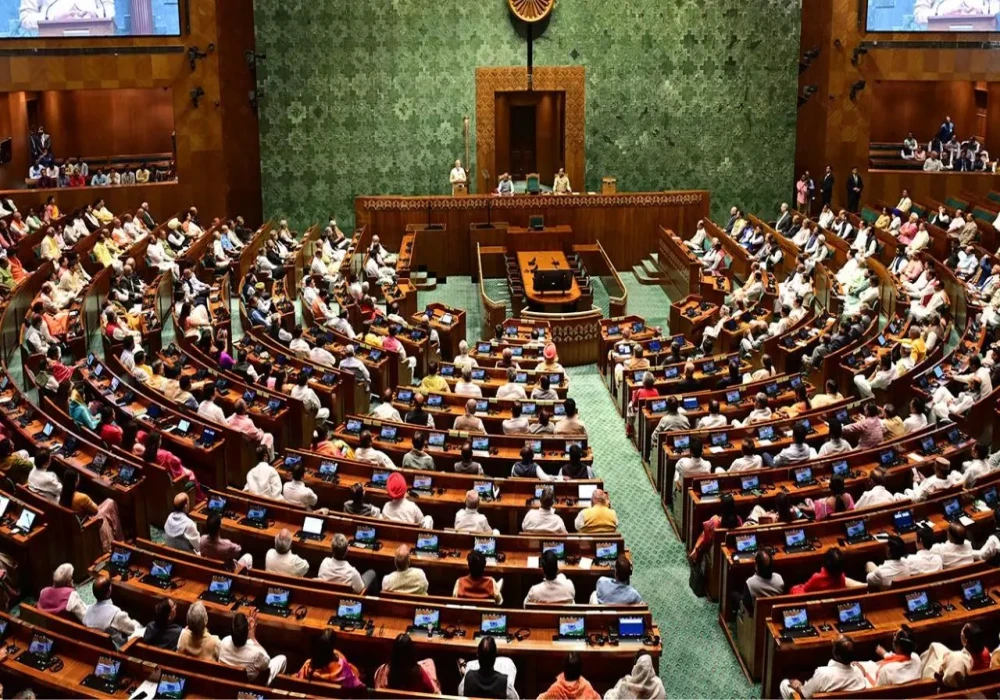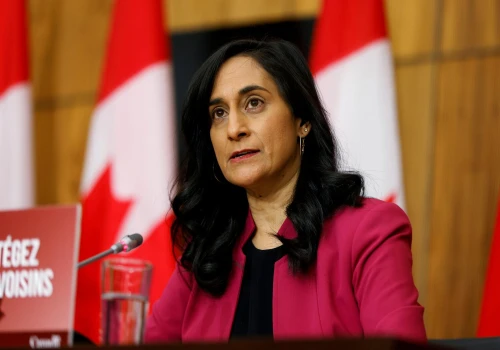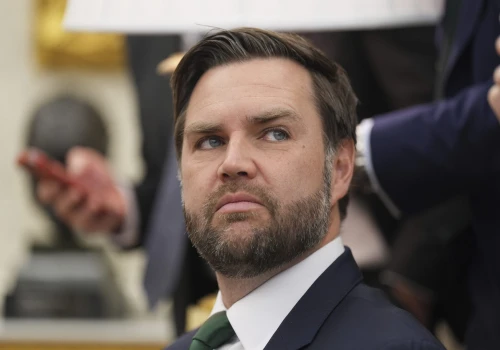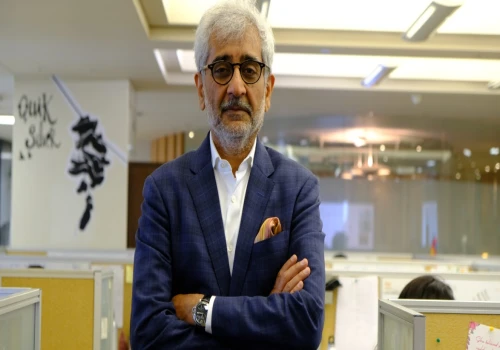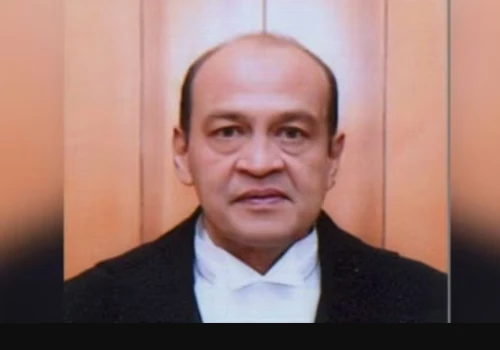Krishnamurthy Subramanian Biography
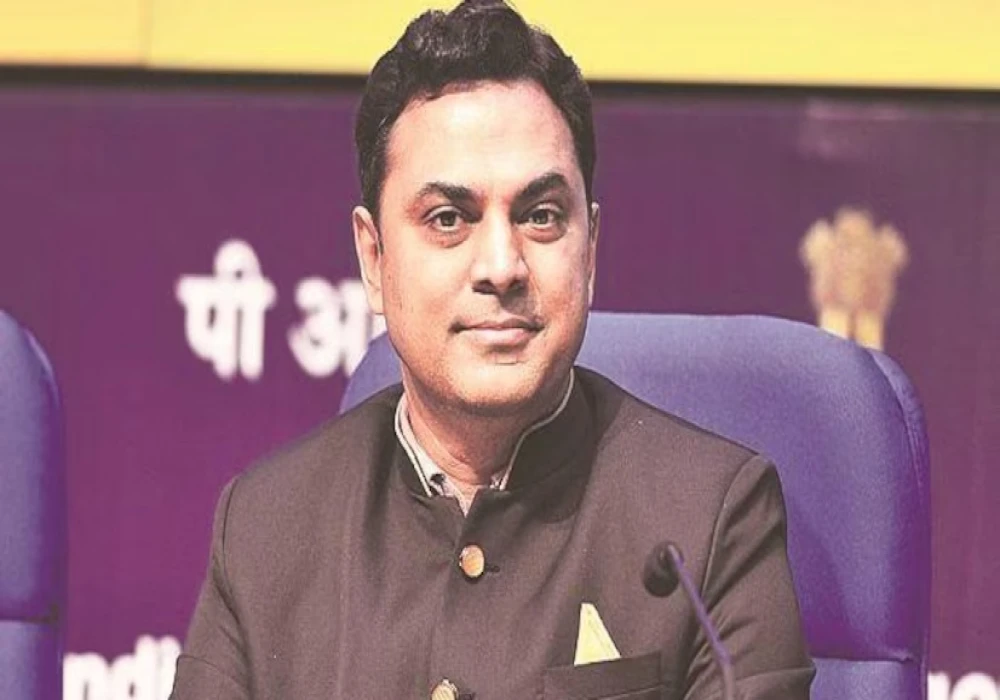
| Born |
5 May 1971 (age 53) |
|---|---|
| Citizenship | Indian |
| Education | Indian Institute of Technology (IIT Kanpu) Kanpur PhD in Financial Economics United States |
| Occupation | Economist |
| Title | Economist and former Chief Economic Advisor to the Government of India |
Early Life and Education
Dr. Krishnamurthy Venkata Subramanian was born on May 5, 1971, in Bhilai, Chhattisgarh, India. He is a well-known Indian economist who has worked in both academic and government roles.
He started his education at the Indian Institute of Technology (IIT) Kanpur, where he studied electrical engineering. After that, he completed his MBA from the Indian Institute of Management (IIM) Calcutta with honors.
Later, he moved to the United States to pursue a PhD in financial economics from the University of Chicago Booth School of Business. He studied under two respected economists former RBI Governor Raghuram Rajan and Professor Luigi Zingales. In 2005, he received the Ewing Marion Kauffman Foundation Dissertation Fellowship for his research.
Academic Career
Dr. Subramanian began his academic career at Emory University in the U.S., where he taught from 2005 to 2010. He then returned to India and joined the Indian School of Business (ISB) in Hyderabad.
At ISB, he held many important roles, such as Associate Professor, Professor, and Executive Director of the Centre for Analytical Finance. His students admired his teaching skills, and he was named "Professor of the Year" for the Class of 2019.
Public Service
In December 2018, Dr. Subramanian became the Chief Economic Adviser (CEA) to the Government of India. He was the youngest person ever to hold this position.
During his three-year term, he worked on several Economic Surveys. These reports focused on topics like ethical wealth creation and steps to make India a $5 trillion economy. One of his unique ideas, called "Thalinomics," used the price of a thali (a meal) to explain inflation and affordability.
Role at the International Monetary Fund (IMF)
In August 2022, Dr. Subramanian was chosen to be India’s Executive Director (ED) at the International Monetary Fund (IMF). He officially started the role on November 1, 2022.
At the IMF, he represented India, Bangladesh, Sri Lanka, and Bhutan on the Executive Board. His term was supposed to last for three years.
Early Recall from the IMF
However, on April 30, 2025, the Indian government suddenly recalled him from his IMF post, six months before his term was due to end. The decision was approved by the Appointments Committee of the Cabinet (ACC) and took effect immediately.
No official reason was given for this early recall. But according to some news reports, there were two possible reasons:
- Disagreements with IMF Data: Dr. Subramanian reportedly questioned the accuracy of IMF data, which may have caused tensions with IMF officials.
- Book Promotion Issues: Another issue may have been related to the promotion of his recent book, India @ 100, which some believed was not appropriate for someone in his position at the IMF.
About His Book – India @ 100
In 2024, Dr. Subramanian wrote a book titled India @ 100: Envisioning Tomorrow’s Economic Powerhouse. In this book, he discusses how India can become a $55 trillion economy by the year 2047.
He believes India can grow at 8% every year if it follows strong reforms and continues the policies introduced after 2014. The book has received praise for inspiring readers to imagine a powerful and successful future for India.
A Sudden and Unusual Exit
Dr. Subramanian’s early departure was unexpected. He even canceled a scheduled appearance at a U.S. investment conference on May 2, 2025, due to an "exigency" (urgent matter). His name was removed from the IMF website on May 3.
The timing raised more questions because his recall happened just before an important IMF meeting on May 9. India was expected to oppose a new funding proposal for Pakistan due to a terror attack in Jammu & Kashmir on April 22, 2025. This made his exit seem even more unusual.
Most Indian Executive Directors at the IMF usually complete their terms. His predecessor, Surjit Bhalla, served a full term and was reappointed.
Although his early exit from the IMF has raised eyebrows, his work continues to influence economic thinking in India and beyond. The government is expected to soon appoint a new representative to take over his role at the IMF.

_1000_x_700.webp)
_1000_x_700.webp)

